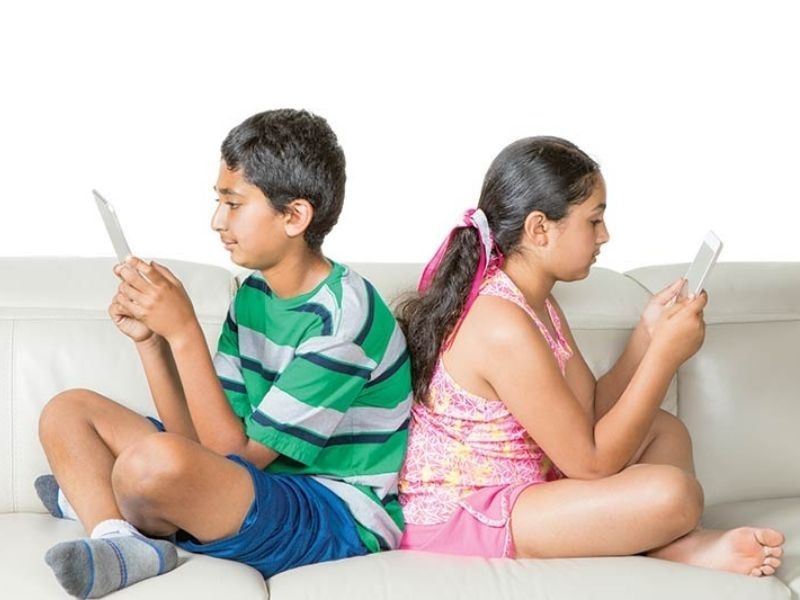– Reshma Ravishanker

When a 14-year-old Rajini (name changed) befriended a stranger on Instagram, she took it to be a serious relationship with high compatibility with a foreseeable future with the person.
Having spent several hours online, describing all of the day-to-day activities and sharing all her thoughts, Rajini thought her secrets were safe with someone she knew. Subsequently, the juvenile also met the face behind the social media handle, a man at least twice her age only to share a physical space with him.
Little did she know that as she did all this, her unsuspecting parents gave her unlimited access to social media that the man she thought was right for her was already married and had a child of his own. Rajini had just become a way of passing time for this man in a troubled marriage. Things fell apart in the child’s world when the stranger decided to part ways and return to his wife and family. Rajini’s long-pending breakdown came fore with her family having to seek psychiatric help for the child later.
Describing details about the case, Dr Mahesh R Gowda, psychiatrist and founder of Spandana Hospitals said, “The incident took place when she was just 14. Her parents came seeking help when she had turned 17. The child was sexually active, had shared videos and photos with the stranger as well. All of them came to light only when she had a breakdown and confessed to her mother about it. Since a child is involved, it amounts to a POCSO case. Not only is the child being counseled but has also been referred to the ChildLine run by the police.”
Dr Gowda believes that although not a complete restraint would be ideal, regular parental overseeing of content and educating children about using social media is essential.
Mansi Zaveri, founder of, Kidstoppress.com said, “CRY report stated that around 9.2% of 630 adolescents surveyed in Delhi-National Capital Region had experienced cyberbullying and half of them had not reported it to teachers, guardians or the social media companies concerned. Also, assess a social media platform before handing it over blindly to your kids. A WSJ report states that 32% Of Teen Girls Said That Instagram Made Them Feel Worse About Their Bodies. So what content our kids consume is something we need to be mindful of when we browse, discuss or share.”
She explained that as a parent, one could cut the screen time for kids, recommend simple neck shoulder and eye exercises kids have adequate Privacy and Settings on their child’s device and browser. She advised that it is crucial to set limits along with children when it comes to social media and screen time.
To summarise, here are 4 things that these experts recommend to keep children safe online
Limit access: Any amount of technology seems to be addictive for a child as the content available is abundant. Parents must keep a check on the number of hours for which the child is given access to technology and the internet. While online classes are underway, parents could spend at least one or two hours in the day to educate the child on safe practices to be followed while using the internet. They must be cautioned about providing personal details or sharing photographs with strangers on social media.
Parental control: Parents must adapt to meet the challenges that the growing technology poses. This helps get child-specific content be it on the internet or OTT platforms. A lot of parents have found it an effective way to allow the child to consume age-appropriate content by creating separate accounts for them with adequate control.
Gain confidence: Despite safety filters, should children come across adult content on social media or the web, parents must take the children into confidence and give them the room to vent their feelings. Some children are bound to be terrified by seeing adult content and could display a change in behavior patterns. Parents must communicate with such children and have a discussion.
Give responsibility: Even as parents could continue monitoring what content children are accessing on an everyday basis, children should be given the responsibility of using mobiles and laptops with internet connectivity with care. Age-appropriate content is advised for adolescents and several questions revolving around puberty, menarche could arise.
Also read:
Phone addiction makes students anxious about exams, increases loneliness: Study